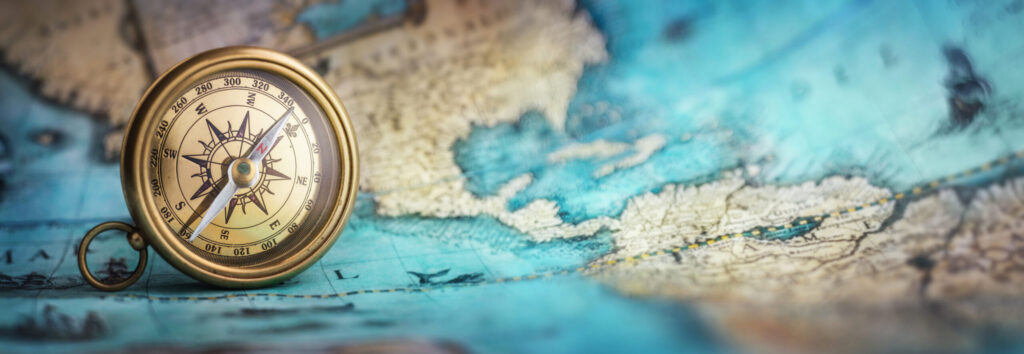The Origins of Forensic Accounting

While forensic accounting may be considered a fairly new profession in the grand scheme of things, its roots can be found many centuries ago. Today, we think of forensic accounting in terms of glamour and glitz – the high profile divorce, the scandalous business dealings, the shareholder disputes, and so on and so forth. But where did it all start? What were the earliest examples of forensic accounting? How did we end up where we are today?
Forensic accounting’s history is rich and has evolved drastically throughout the years. The profession has adapted to a variety of aspects in the world, most notable:
- Economy
- Legislation
- Society
These three pillars have served to dictate the who, what, where, when, and how forensic accounting principles are applied to and relied on yesterday, today, and tomorrow. More critically, however, it is important to mention how dynamic forensic accounting truly is by nature. Most are impressed by its application to a variety of issues, like both divorce disputes and fraud detection in major corporations. This dynamism makes it both exciting and ever-changing.
Forensic Accounting’s Interesting History
There are a lot of opinions around the first rumblings of forensic accounting. Like any industry, it has been shaped tremendously by outside forces. As shifts in laws, the economy, technology, and overall society have transpired, forensic accounting has adapted accordingly.
While its long history is the focus of today’s post, it is important to note that forensic accounting was not always recognized separately from auditing. However, as the years have gone on fraud detection and auditing have formed their own place in the accounting realm. From inception to simply a department in an accounting firm, forensic accounting now holds its own as a niche segment.
Let’s take a look at the long history of forensic accounting and how its evolution has given us the tools and information that we now rely on so heavily:
- 3500 BC: the Egyptians used accounting to keep an eye on the kingdom’s possessions and serve to both detect and prevent fraud
- 1800s: accountants are called upon in court cases to act as expert financial witnesses
- 1930s: an accountant with the IRS plays a key role in convicting Al Capone for tax evasion
- 1946: “Forensic Accounting” is used in a published article for the first time
- 1960s: the FBI now employs more than 700 Special Agent Accountants
- 2001: the SEC investigates Enron and highlights further the importance of forensic accounting
- Today: forensic accountants are relied on for a wide variety of applications both inside and outside of the courtroom
Clearly, forensic accounting is multifaceted, as illustrated by its prolific and diverse role in history. From Charles Ponzi to Bernie Madoff and from the Egyptians to Enron, forensic accountants play a critical role in how our history has been shaped and what will continue to occur in the future. As technology, the economy, and the law develop, forensic accounting is destined to carry on in its evolution.
At Smith, Stohlman, James & Gardere, P.A., our firm’s litigation services department provides professional services to participants in the legal process. These services include forensic accounting, fraud detection and prevention, assistance with discovery matters, consultation, and expert witness testimony. We provide litigation services in both federal and state courts in a wide variety of cases including brokerage fraud, shareholder disputes, class action litigation, personal injury, marital dissolution, contract claims, business damages, lost profits, business and contract disputes and criminal cases.
